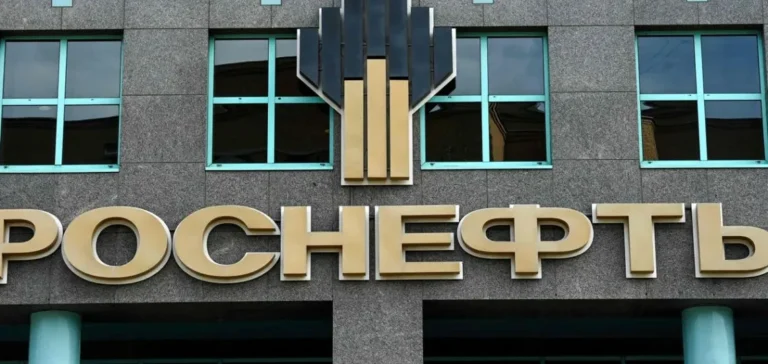Rosneft strongly criticised the sanctions imposed by the European Union against Nayara Energy, an Indian company in which it holds a 49.13% stake. According to the Russian firm, the decision is unfounded and constitutes interference in India’s sovereign economic affairs. These sanctions are part of the EU’s 18th package of restrictive measures targeting entities linked to Russia.
Rosneft denounces unfair competition practices
In a statement published on July 20, Rosneft described the restrictions as “politically motivated” and a clear example of the extraterritorial application of sanctions, lacking international legal basis. The group stated that the measures undermine the economic interests of a sovereign state. It further argued that these sanctions are part of a broader EU strategy aimed at destabilising the global energy market.
The company said: “The sanctions against Nayara Energy represent yet another instance of unfair competition practices. We hope that Nayara Energy will take action to defend the legitimate interests of its shareholders and clients, with the support of the Russian and Indian governments.”
Nayara Energy, a strategic player for India
Nayara Energy operates a refinery in the city of Vadinar, which includes a deep-water port and a network of more than 6,000 petrol stations across India. With a refining capacity of 20 million tonnes per year, it plays a key role in the country’s national energy supply.
The company is one of the 18 entities targeted by the EU’s latest sanctions package. No detailed explanation was provided by Brussels regarding the inclusion of Nayara Energy on the list.
Risks to regional energy security
Rosneft warned that the decision could threaten the stability of India’s energy supply, given Nayara’s strategic position in the country’s energy landscape. While New Delhi has not yet issued an official response, the issue of the sanctions’ impact on bilateral relations between India and EU member states may come into focus.
The Russian company, whose involvement in Nayara Energy is both financial and strategic, said it would continue to support efforts to protect the company’s assets in India.






















